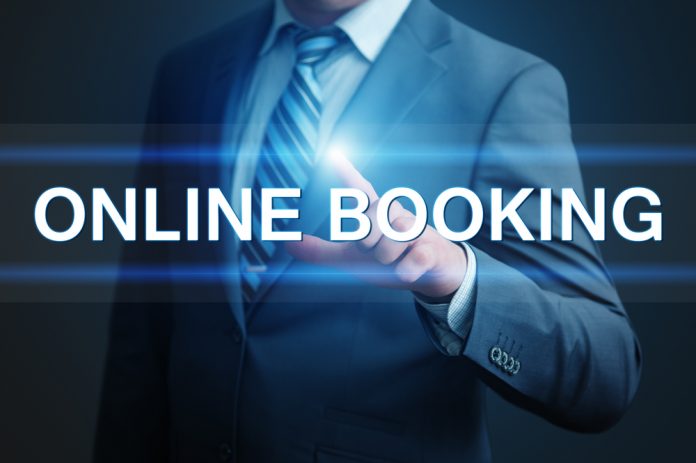The use of technology in the modern world has advanced at bewildering speeds in recent years, and the hotel sector has made some good use of it. The arrival of the internet, for instance, brought online booking, while satellite TV has become more widespread and means in-room sets can now offer a wider range of channels.
These are just two of many ways in which new tech has made an impact, but there are potentially many, many more – and the trend is only going to go in one direction. Just as the outside world gets more high-tech, so too must hotels. Alongside that, the Millennial generation is not only tech-savvy, but likely to want a higher quality of hotel experience, along with a swifter delivery when it comes to having their needs and wants met. Thankfully, a range of new technological services and devices can help fulfil this.
Writing for e-Hotelier, media communication specialist at Hotelogix Manisha Pathak noted there are several ways this can be done. MobileThe use of mobile in bookings has soared in recent years as such devices have moved on from simply being phones to becoming all-serving devices with internet and any number of apps. It is expected that mobile bookings will account for a quarter of hotel stays by 2017, while among some groups the figures is already much higher than that; for example, 40 per cent of leisure travellers and 36 per cent of business users book this way.
Among the best ways to capitalise on this are to ensure the online booking service is mobile-friendly. Not all sites are, and this could be costing some hotels (and other providers of goods and services) custom. Once the booking service is set up this way, other elements can be added, such as promotions for those booking via mobile.
A further innovation is to add beacon technology, as Starwood Hotels & Resorts and Marriott International have done, which garners technology from mobile interaction with customers to offer more personalised and tailored deals. Tablets are another form of technology that has surged in use. A growing number of people have them and by providing these in rooms, hotels can offer a range of services that will make life convenient and easier for guests. Examples of this could include using tablets to remotely choose meals from the hotel menu, or gather real-time feedback from guests. Another case is at the front desk, where the use of tablets by staff can help people check in and out quickly in what is often the busiest part of the hotel. Self check-ins
One way of taking things a step further is the use of self check-ins. These can be accessed by phones or tablets and work using a code that can actually notify hotels of the expected times of arrival. By doing this for every customer with access to these devices, hotels will be better able to judge when the busiest times are likely to be and thus provide the necessary support services.
Ritz Carlton already offers this via a mobile app and the benefits in terms of reducing errors and speeding things up are quite evident. Live ChatLive Chat is another online service hotels will benefit from having. It is not cheap to have, but it does help connect with customers and answer queries and questions easily. A survey by ATG Global Consumer Trends suggested 90 per cent of customers regard this as being helpful and 63 per cent are more likely to come back a second time to a site with live chat than one without it.Not only does it attract customers, but it creates a one-stop shop; hotels can process bookings while answering queries at the same time. This helps customers to feel valued and helps create a confidence among them that they can trust you will be equally helpful during the actual stay. Door open technologyIt is not unusual for guests to be able to let themselves in without a physical key; swipe cards and tap-in codes made that possible long ago. However, this technology means guests can use their mobile to open doors instead. Once more it depends on the use of an app, with Hilton and Starwood being examples of chains that have already adopted this. This is also a service that can be integrated with the hotel’s security and concierge services and it can be activated remotely, so the guest does not even need to go to reception. Making life easier
The key with all the above technology is not to show off what is possible with modern gadgetry – although that might impress some people – but to genuinely enhance services for customers. Not only will it have a practical effect, but it will create a greater sense among customers that the hotel or chain is going the extra mile to ensure their needs are met. In some respects it offers a new way to provide personalised services, but it also shows, particularly to Millennials, that 21st century hotels are not ignorant of their customers’ needs and wants.







